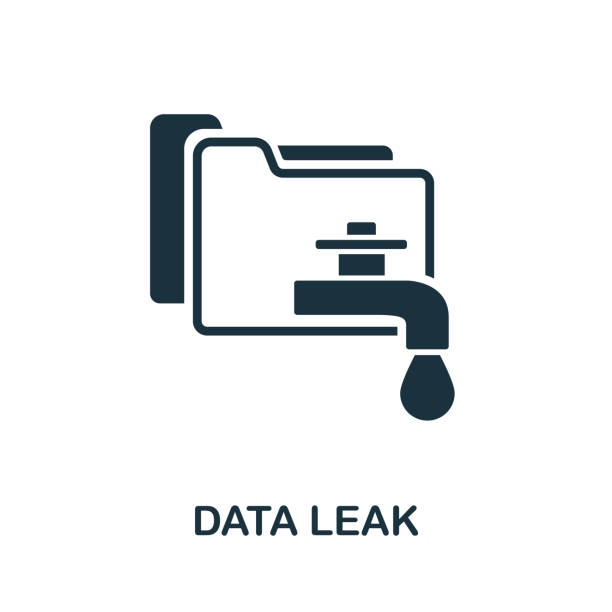How to Check If Your Data Has Been Leaked Online
Posted on March 21, 2025

With the rise in cyberattacks, data breaches have become a major concern for individuals and businesses. Hackers often steal sensitive information like email addresses, passwords, phone numbers, and even financial details, which can then be sold on the dark web. If you’re worried that your personal data has been leaked online, it’s important to check and take action immediately.
1. Use a Data Breach Checker
There are online tools that help you find out if your information has been compromised. Websites like Have I Been Pwned and DeHashed allow you to enter your email or phone number to see if it has been part of a known data breach. These services scan leaked databases and notify you if your details have been exposed.
2. Search for Your Information on the Dark Web
Hackers often sell stolen data on the dark web, making it difficult for regular users to track. Some cybersecurity services, like Norton and Identity Guard, offer dark web monitoring that scans hidden forums and marketplaces for your personal details. While these services usually require a subscription, they can provide valuable insights into whether your data is being traded.
3. Check for Unusual Account Activity
If your data has been leaked, cybercriminals may attempt to log into your online accounts. Watch for unusual activity, such as password reset emails you didn’t request, failed login attempts, or unknown transactions on your bank statements. These could be signs that someone is trying to misuse your data.
4. Monitor Your Email for Spam and Phishing Attempts
If your email address has been leaked, you may start receiving more spam, phishing emails, or suspicious messages. Hackers use leaked emails to send fake alerts, impersonate services, or try to trick you into revealing more personal information. Always be cautious of unexpected emails and avoid clicking on unknown links.
5. Google Yourself
Performing a Google search of your name, email, phone number, or other personal details can sometimes reveal if your information has been exposed. If you find personal data appearing in search results, you may be able to request removal through Google’s "Remove Personal Information" tool.
6. Check Your Accounts for Password Breaches
Many password managers, like Google Password Checkup, 1Password, and LastPass, offer built-in security checks that alert you if your saved passwords have been found in a data breach. If you receive a warning, change your passwords immediately.
7. Review Data Breach Notifications
Many companies are legally required to inform users when a data breach occurs. If a service you use has been hacked, you may receive an email notification explaining what data was compromised. Always verify these messages by checking the official website of the company, as hackers sometimes send fake breach notifications to steal even more information.
8. Protect Your Personal Data Going Forward
If your data has been leaked, take action to secure your accounts. Change your passwords, enable two-factor authentication (2FA), and consider using a password manager to create and store strong passwords. Avoid reusing the same password across multiple accounts, as this increases your risk in case of future breaches.
Final Thoughts
Finding out that your data has been leaked can be concerning, but checking for breaches regularly and taking steps to secure your accounts can help prevent further damage. Stay aware, use trusted security tools, and always be cautious about where you share your personal information online.